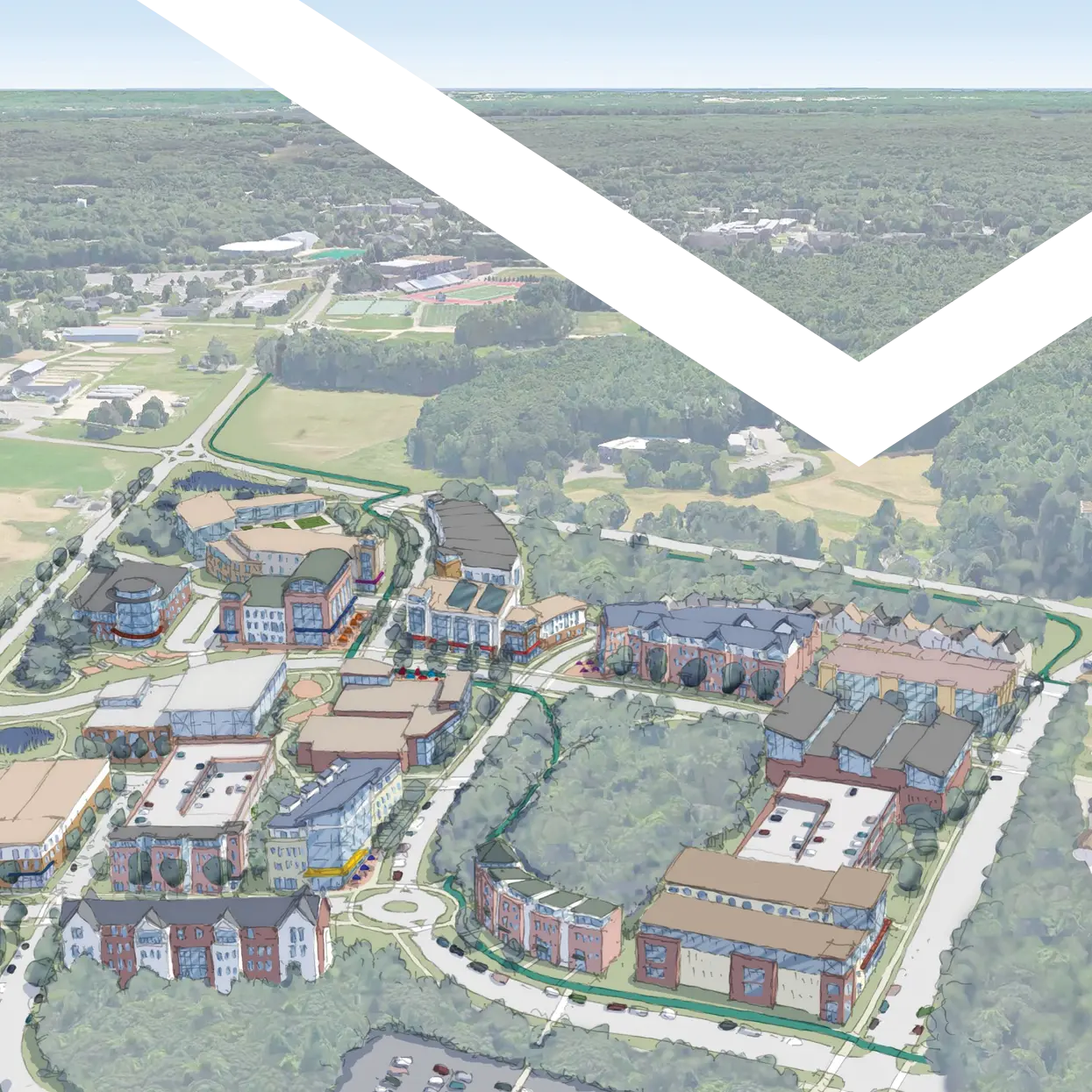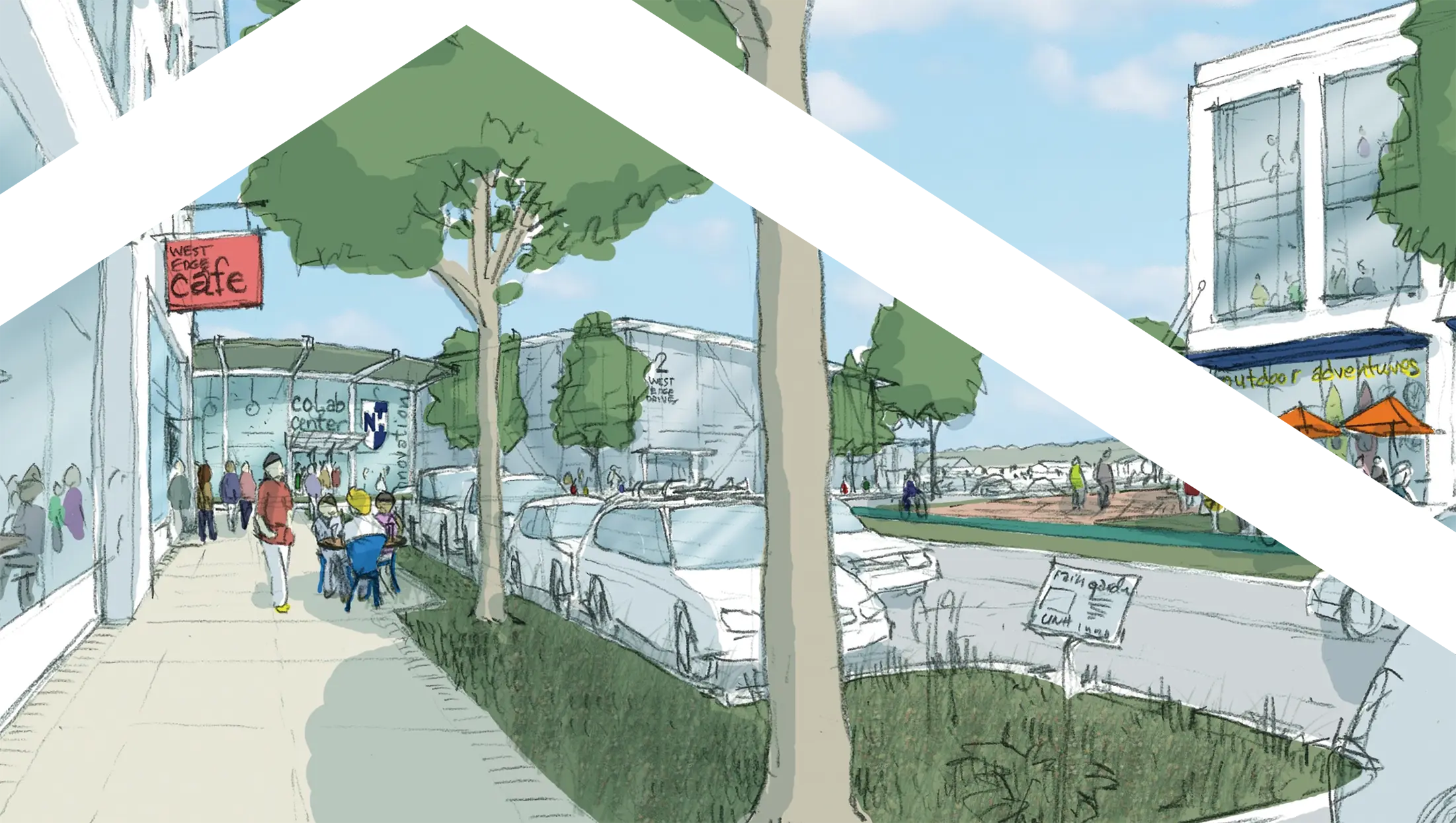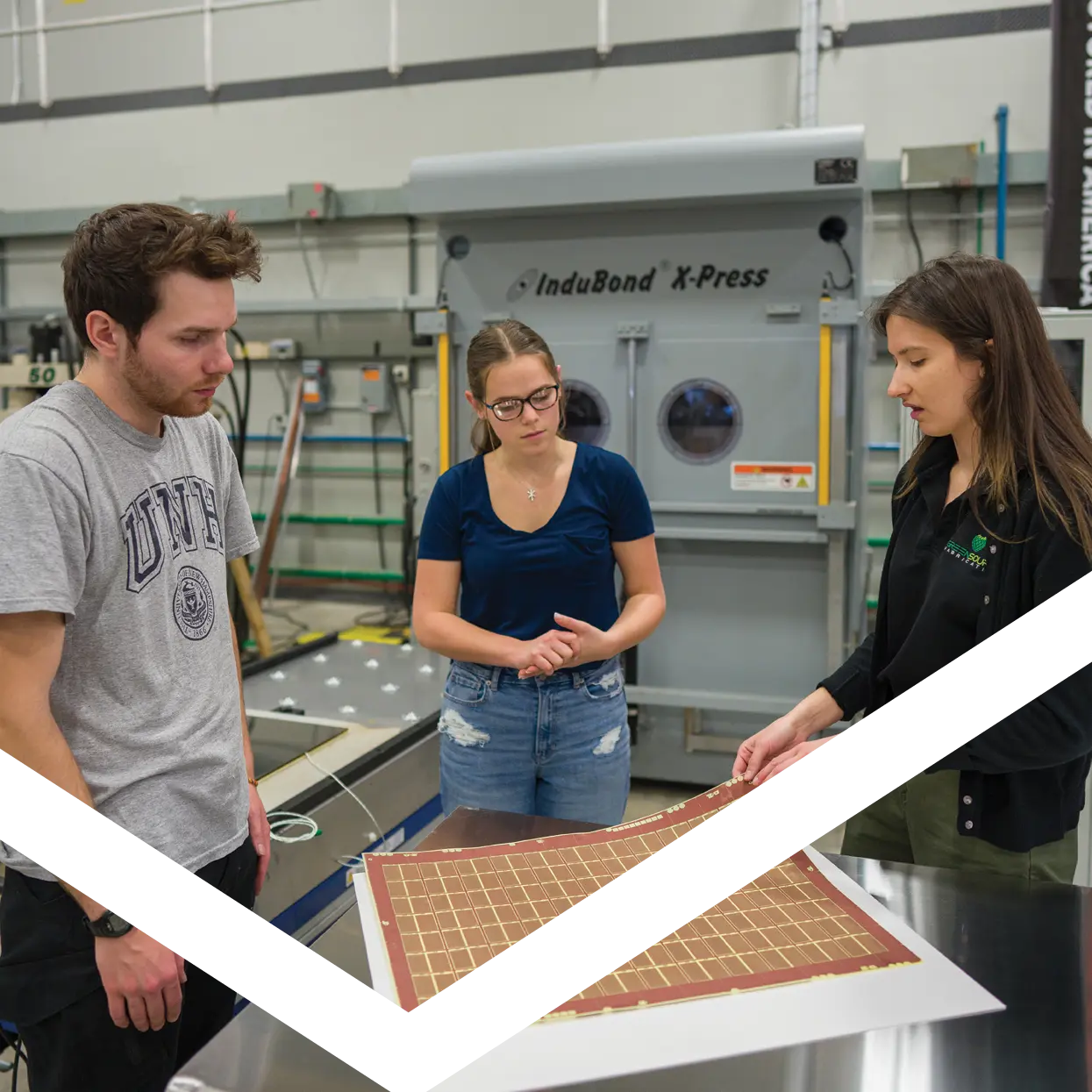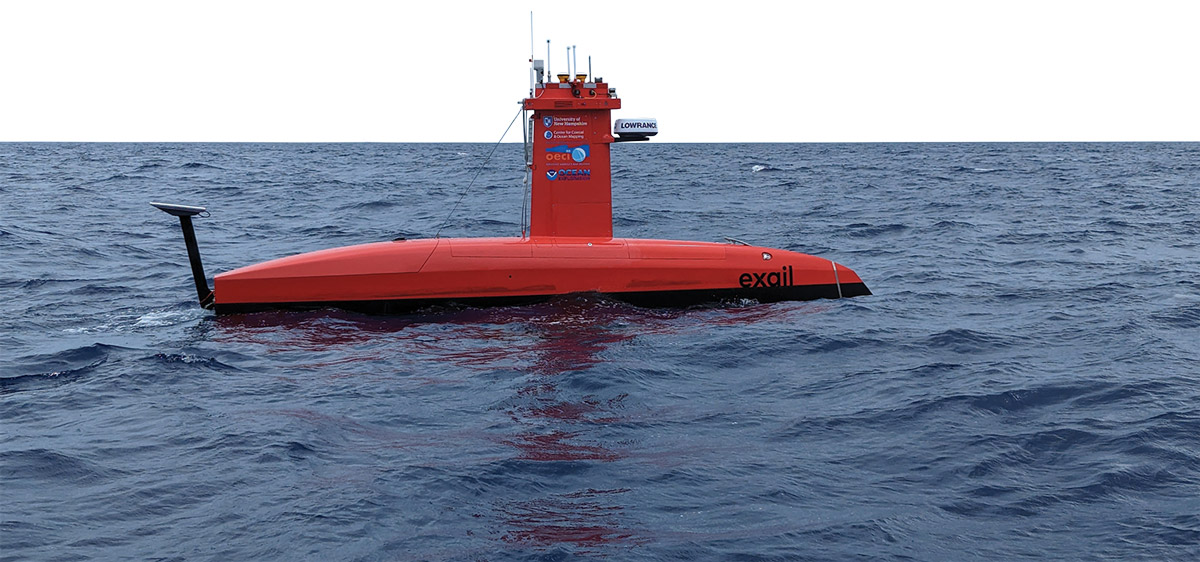Industry Partnerships at The Edge




t a recent visit to UNH’s John Olson Center for Advanced Manufacturing, U.S. Senator Maggie Hassan connected with companies from New Hampshire and beyond who are either utilizing, or want to gain access to, the technology-rich facility on the edge of campus.
GreenSource Fabrication has moved a piece of its production equipment to Durham and is hiring UNH student-interns to conduct experiments that will help the Charlestown, N.H., printed circuit board manufacturer maximize its potential. Exail is a global technology company working closely with UNH to leverage each other’s expertise on ocean mapping and industrial know-how as they ramp up production of Exail’s uncrewed ocean surface vehicle DriX in the U.S.
Madco3D, based in nearby Rochester, N.H., has partnered with the Olson Center to expand its capacity for 3D concrete printing. And several other companies told Hassan of their desire to co-locate with the Olson Center if it had more space to share.
Hassan’s recent visit shone a light on a growing trend: Business and industry partners from near and far are eager to call UNH home. Indeed, many of them already do, at the Olson Center and beyond. NephriaBio, which creates wearable technology for chronic disease, has been leasing wet lab space in Parsons Hall for several years, and long-time space science collaborator the Southwest Research Institute, headquartered in San Antonio, has had a team co-located within UNH’s Institute for the Study of Earth, Oceans, and Space for a decade.

A bold new vision will accommodate these partners, and others, as they seek to gain a toehold at UNH and deepen their engagement with students, faculty members and world-class facilities. The Edge is a proposed innovation neighborhood that, once approved, aims to redevelop up to 60 acres of land one mile from the center of campus at the area known as West Edge.
While The Edge, like university research parks across the country, will provide sought-after commercial research space to expand opportunities for industry-UNH collaborations and partnerships, it will be much more. “It’s meant to be an integrated innovation community, a place for people to live, work, eat, shop, all in one place,” says UNHInnovation’s Marc Eichenberger, associate vice president and chief business development and innovation officer.
“The university is a draw as an innovation community, for its access to a future workforce — students — and for access to events, talks and cutting-edge research,” he adds. “The power of The Edge is jobs and economic development for the state, but also great opportunities for our students.”